Become a Judge
IoP members could be eligible to apply to become a Magistrate or a judge of a First-tier Tribunal.
Magistrate
We work with the Ministry of Justice to publicise the role of Magistrate to paralegals. Being a Magistrate is not usually a full-time job, nor is it paid. Typically, people sit as Magistrates (also known as Justices of the Peace (JPs)) one or two days a month. Magistrate Courts hear about 95% of criminal cases along with some civil matters and full training is provided. To find out more about what being a Magistrate entails please click here. For advice, application forms and guidance notes if you are considering applying to become a magistrate please click here. Time spent as a Magistrate will be recognised by us for paralegal career purposes.
Judge of a First-Tier Tribunal
Eligibility for Judicial roles on Tribunals
First-tier Tribunal
A candidate is eligible for appointment as a judge of the First-tier Tribunal if he or she fulfils one of the following criteria:
- satisfies the judicial-appointment eligibility condition on a 5-year basis
- is an advocate or solicitor in Scotland of at least 5 years’ standing
- is a barrister or solicitor in Northern Ireland of at least 5 years’ standing
- in the opinion of the Senior President of Tribunals, has gained experience in law which makes the person as suitable for appointment as if he or she had met one of the criteria above
Following discussions with the Judicial Appointments Commission, we were delighted that the Commission agreed with our case that senior paralegals were eligible for consideration to be appointed as judges of First-tier Tribunals, e.g. the Employment Tribunal. In England and Wales. To find out more about the range of First-tier judicial roles, please visit www.tribunals.gov.uk.
During our discussions, Judge David Pearl, JAC Commissioner, who sits as a judge of the Upper Tribunal told the Institute:
"The Tribunals, Courts and Enforcement Act (2008) has widened the eligibility for some judicial posts beyond solicitors and barristers for the first time. The Act states that the Lord Chancellor can appoint as a judge to the First-tier Tribunal a person who in his opinion has ‘gained experience in law’ which makes them as suitable for appointment as any other eligible person, for example a qualified solicitor, barrister or a Fellow of the Chartered Institute of Legal Executives, with five years' experience. The definition of ‘gained experience in law’ includes activities which paralegals may well be involved in, such as advising on the application of law; drafting documents intended to affect persons' rights or obligations; and teaching or researching law.
So it was clear that paralegals could apply for First-tier Tribunal roles and if the Lord Chancellor decides they are eligible, they will go through to the next stage of the selection process run by the JAC.
“The JAC is excited by this broader approach to eligibility because we are committed to expanding the range of applicants for judicial appointment. We recognise the key role the Institute of Paralegals has played in supporting their members’ aspirations and helping to clarify the activities their members can be involved in.
Recommendations for appointment are made solely on merit and competition for judicial roles is high. Be honest with yourself about whether you are ready to apply. We are keen to hear from paralegals who can provide strong evidence-based examples of why their legal experience is as good as other eligible legal practitioners because this will enable the Lord Chancellor to make his decision”.
Upper Tribunal
A candidate is eligible for appointment as a judge of the Upper Tribunal if he or she fulfils one of the following criteria:
- satisfies the judicial-appointment eligibility condition on a 7-year basis
- is an advocate or solicitor in Scotland of at least 7 years' standing
- is a barrister or solicitor in Northern Ireland of at least 7 years' standing
- in the opinion of the Senior President of Tribunals, has gained experience in law which makes the person as suitable for appointment as if he or she had met one of the criteria above
Clearly Paralegals who have the relevant legal qualifications and experience can apply.
For more information visit: https://www.judicialappointments.gov.uk/eligibility-tribunals
You can sign up to receive vacancy alerts on these through the JAC website at www.judicialappointments.gov.uk under ‘Selection exercises’ > ‘Forthcoming selection exercises’. These are considered to be entry-level judicial roles and those who are successful in being selected to them may be eligible to apply for more senior positions as their career progresses.
There are also a number of positions available in tribunals for non-legal professionals, which paralegals may well be able to apply for. The range of opportunities is wide, covering everything from social care to tax, farming to employment. Requirements for these positions are based on the nature of the tribunal, and candidates must be able to demonstrate the relevant professional experience. Keep an eye on the forthcoming exercises on the JAC website and check the eligibility criteria. There are a lot of fascinating roles in both the County Court and the High Court.
To find out more about the role of full-time judges; part-time judges; circuit judges; district judges, tribunal judges and high court judges please visit https://www.judiciary.uk/about-the-judiciary/judges-career-paths/


